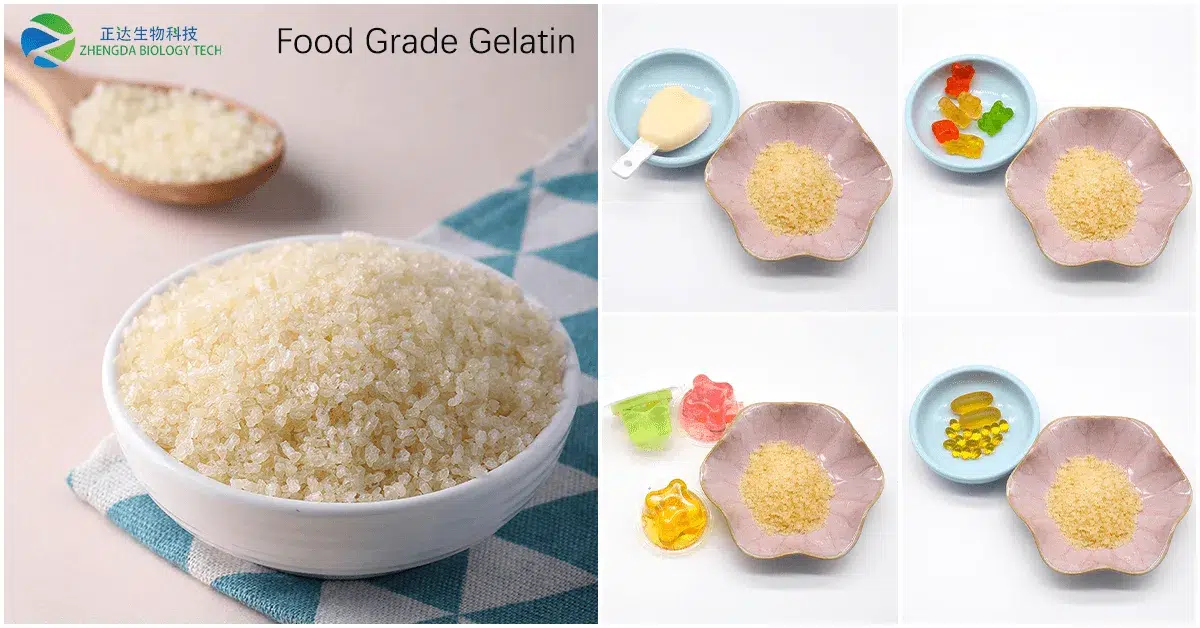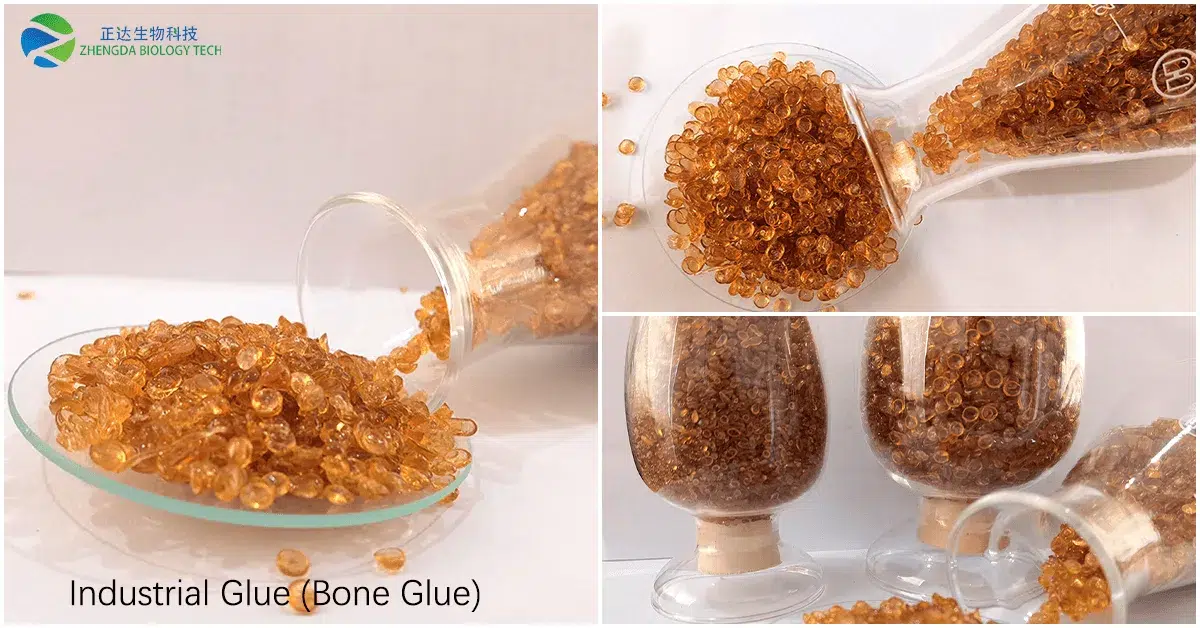Industrial Protein Powder Knowledge
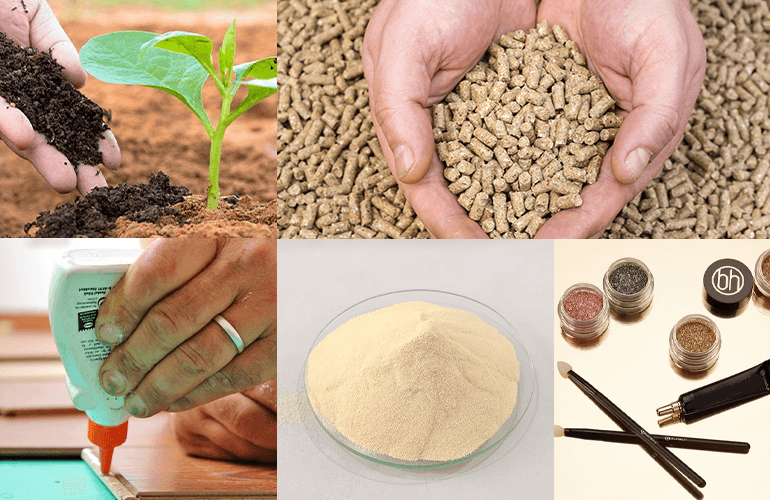
What Is Industrial Protein Powder?
Industrial protein powder is a non-edible, high-protein material derived from animal by-products (e.g., hides, bones). It is used not for human consumption, but as a functional ingredient in multiple industries, offering binding, adhesive, and nutrient properties.
Common Industrial Applications
🔧 Adhesives & Glue – as a base for animal glue / jelly glue in bookbinding, rigid boxes, and labeling
🐄 Animal Feed – a protein supplement for livestock, poultry, and aquaculture
🌱 Organic Fertilizer – improves nitrogen content and soil conditioning
🧱 Construction Materials – used as a binding agent in gypsum board or other composite products
🧴 Cosmetics & Leather Finishing – as a film-forming or softening agent
Key Characteristics of Industrial Protein Powder
✅ High protein content (typically 60–85%)
✅ Excellent adhesive properties
✅ Natural, biodegradable, and low in toxicity
✅ Cost-effective compared to synthetic alternatives
✅ Available in fine powder or granular form for easy integration
Industrial Protein in Animal Glue Production
Industrial protein powder serves as the primary raw material for animal glue and jelly glue manufacturing. It is hydrated, refined, and cooked to extract collagen-based gelatin, which forms strong, reversible bonds—ideal for eco-friendly adhesives in packaging, bookbinding, and labeling.
Industrial Protein for Fertilizer Use
Hydrolyzed protein powder can be used to produce amino acid-based organic fertilizers. It:
Enhances nitrogen uptake
Improves soil structure
Promotes microbial activity
Is especially suitable for organic agriculture
Its slow-release nitrogen helps reduce leaching and supports sustainable farming.
Protein Powder in Animal Feed Industry
In animal feed, industrial-grade protein powders (like meat and bone meal or hydrolyzed protein) serve as cost-effective protein supplements. They:
Boost growth rates
Support tissue repair
Are rich in amino acids
Use is regulated and must comply with national feed safety standards.
Eco-Friendly Benefits
Biodegradable and non-toxic
Reduces dependence on petrochemicals
Sustainable source (by-product of meat industry)
Supports circular economy by converting waste into value-added materials
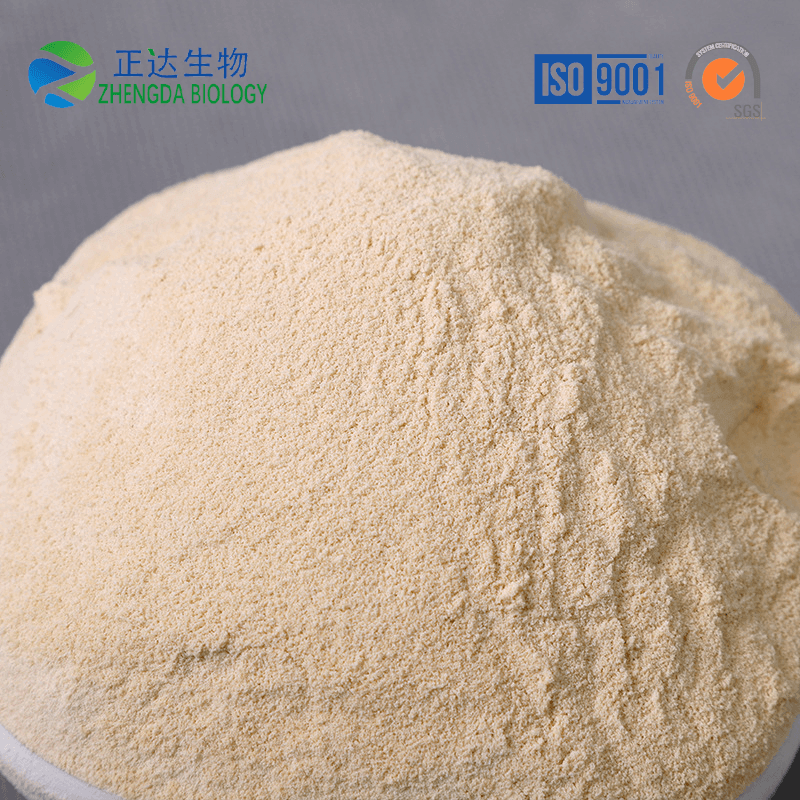
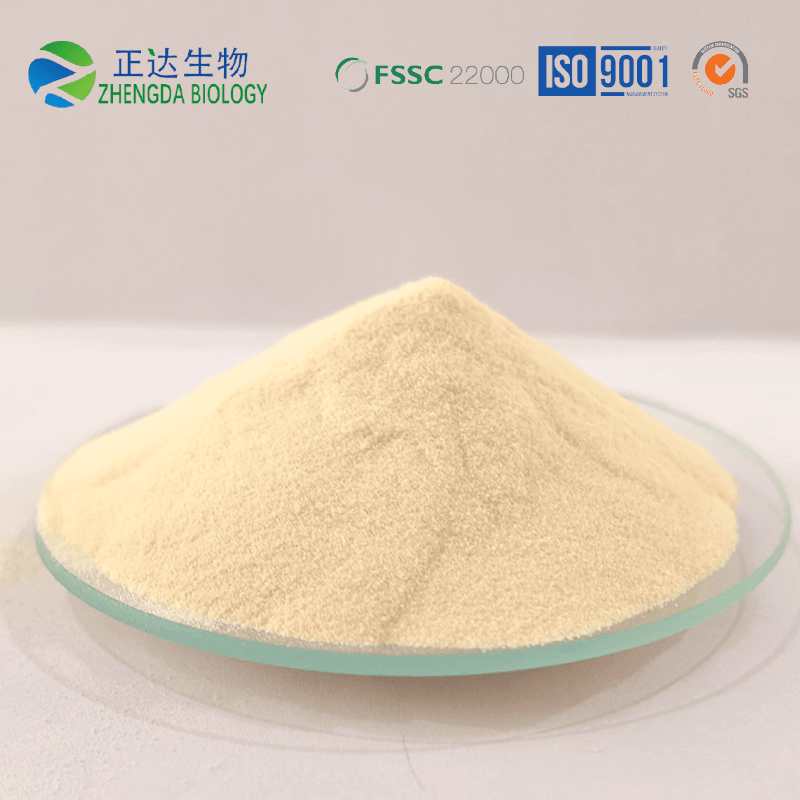
Forms & Specifications
· Moisture: <10%
· Protein content: 60%–85%
· Appearance: Light yellow to dark brown powder
· Solubility: Partial to full depending on hydrolysis
· Packing: 25kg bags, 500kg jumbo bags
· Storage: Cool, dry, and ventilated environment
Get wholesale pricing or free samples!



